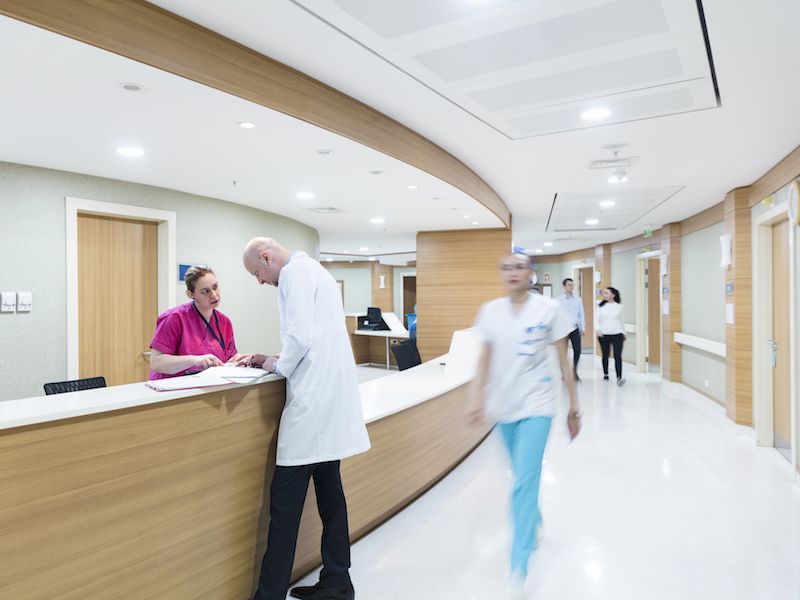
For years, researchers have been investigating the effect loss of hearing has on a person’s health. Finding out what untreated hearing loss can do to your healthcare budget is the focus of a new study. Individuals, as well as the medical profession, are searching for ways to lower the rising costs of healthcare. You can reduce it significantly by something as simple as taking care of your hearing loss, according to a study published on November 8 2018.
How Health is Impacted by Hearing Loss
There are hidden risks with untreated hearing loss, according to Johns Hopkins Medicine. After 12 years of studying it, researchers found that there was a significant effect on brain health in adults with mild to severe hearing loss. For example:
- An individual with a extreme hearing impairment has five times the risk of getting dementia
- Somebody with slight hearing loss has two times the risk of dementia
- The risk is triple for those with moderate hearing loss
The study revealed that when a person suffers from hearing loss, their brain atrophies at a faster rate. The brain needs to work harder to do things like maintaining balance, and that puts stress on it that can lead to injury.
Also, quality of life is affected. A person who doesn’t hear very well is more likely to have anxiety and stress. They are also prone to have depression. More expensive medical bills are the result of all of these factors.
The Newest Study
The newest study published November in the Journal of the American Medical Association (JAMA) shows that not getting your hearing loss checked is a budget buster, too. This study was also run by experts from Johns Hopkins in collaboration with AARP, the University of California San Francisco and Optum Labs.
They looked at data from 77,000 to 150,000 people over the age of 50 who had untreated hearing loss. People with normal hearing generated 26 percent less health care expenses compared to people who were recently diagnosed with hearing loss.
As time goes by, this amount continues to increase. Over ten years, healthcare costs increase by 46 percent. Those statistics, when analyzed, average $22,434 per person.
Some factors that are involved in the increase are:
- Dementia
- Lower quality of life
- Falls
- Decline of cognitive ability
- Depression
A second associated study conducted by Bloomberg School suggests a connection between untreated hearing loss and higher mortality. They also uncovered that people with untreated hearing loss also suffered from:
- 6.9 more diagnoses of depression
- 3.2 more diagnoses of dementia per 100 over the course of 10 years
- 3.6 more falls
The study by Johns Hopkins matches with this one.
Hearing Loss is on the Rise
According to the National Institute of Deafness and Other Communication Disorders:
- Hearing loss is prevalent in 55 to 64 year olds at a rate of 8.5 percent
- Around 2 percent of those at the ages of 45 to 54 are noticeably deaf
- The basic act of hearing is difficult for around 15 percent of young people around the age of 18
- Presently, between two and three of every 1,000 children has hearing loss
For those aged 64 to 74 the number goes up to 25 percent and for people over 74 it rises to 50 percent. Over time, those numbers are anticipated to rise. As many as 38 million individuals in this country might have hearing loss by 2060.
Using hearing aids can alter these figures, though, which the study doesn’t touch on. What is understood is that some health issues associated with hearing loss can be decreased by using hearing aids. To figure out whether wearing hearing aids diminishes the cost of healthcare, more studies are necessary. There are more reasons to wear them than not, without a doubt. Make an appointment with a hearing care specialist to see if hearing aids are right for you.